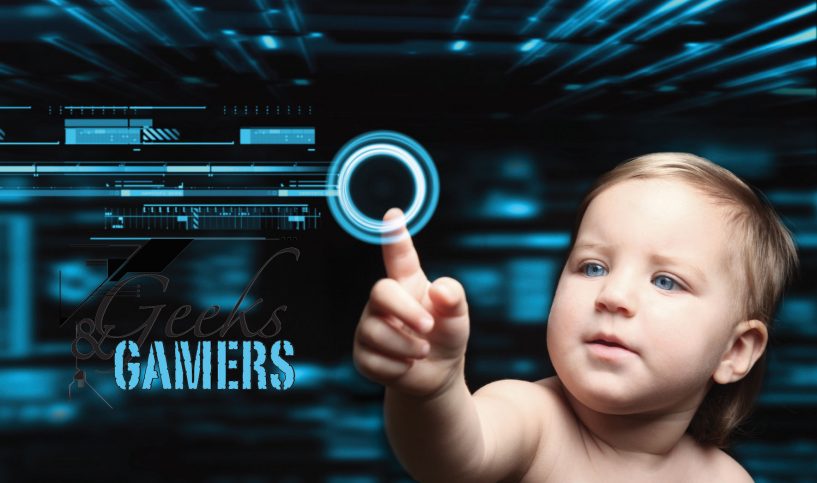by Jaye Sonia
While I’m sure it isn’t a big surprise to a lot of you, I’ve long been a science-fiction fan. The books and movies I loved as a young adult informed a great deal of my interest in the world today – both as a writer and a thinker. I grew up reading the work of people like Isaac Asimov, C.S. Friedman, H.G. Wells, and Arthur C. Clarke, all of whom painted these incredible pictures of what the future might hold – both good and bad. I imagine, had any of them been born into the iGeneration, the words they would write would paint pictures even more fantastic.
Think about it. The young adults graduating high school don’t know a time without The Internet, global communication, or portable electronic devices. The fact that wireless power distribution already exists – which many of us would only consider purely part of the realm of science fiction – is a fact for them. It’s an undeniable, unquestionable proof (and something I’m sure you Tesla fans out there are smiling about). And these future generations will grow accustomed to an advanced world; one that in increasingly more devoted to the practical application of the sciences, both in personal and public use. In short, they will grow up in a world that would be mere fantasy to our grandparents.
(I’m not holding my breath for flying skateboards, though).
But what does that mean for the geek?
As all of this advanced technology becomes more and more common, I think the world will start to forget that all of this once dwelt almost exclusively in the realm of the geek. Even the most resistant philistines will begin to accept, with some grudging respect, that the once mysterious fringe-dweller is now the backbone of our evolving society.
Look around. Look at all those iDevices, the Powermats charging them, and the Wi-Fi networks that every coffee shop has to support them. Look at the people using them. They are not the members of some crazy fringe culture with purple hair and a nose ring. They are fathers checking on daughters, mothers looking up recipes, and students sending texts to friends. They are people sharing GPS locations so that their family and friends can find them with ease. They are “checking in” to Facebook and Foursquare. Even our cars have technology we only once dreamt possible. HUDs (Head-Up Display), once only used in precision attack aircraft, are making cars safer (BMW, GM, and Audi are developing these as we speak) and micro cameras, complete with a cabin view screen, make parallel parking a dream. Surely, just driving one of these cars won’t make you a geek?
In short, I think the geek of today – at least as he is portrayed in the media – is going to go away. Sure, we’ll still have technophiles and enthusiasts, but I’m not sure if they’ll be as interested in improving on the technology as much as collecting it. I think brand recognition will play an increasing role in how we view one another, as well.
And that, I think, will be one of our defining factors for the future geek. He is going to become increasingly more specialized, focusing his attention on innovation and improvement. I suspect that, while his focus may be married to a particular brand of technology, he’ll be the one looking to continue to bridge the gap – making his devices work in ways never intended. I think we’re going to see whole new types of geeks, too. We’re going to see that generic title replaced by iGeeks, DroidGeeks, and xHeads (just to name a few) – each a specialist in their favorite brand of technology – in their place.
Perhaps we won’t even call them geeks. Maybe, as society merges and the world grows smaller, another culture, with a far more appropriate term, will label them. (Anyone know the Chinese word for geek?). Or perhaps, as we grow closer, we’ll lose all need for the word.
I suppose, at the end of the day, I have to smile. While we thankfully don’t have aliens invading our planet or a colony on Mars (although this might be cool), a great deal of what those science fiction writers – the early, farsighted visionaries of the sci-fi world – has come true. They may not have been predictions, but they certainly played their part by inspiring us, as a race, to do and be more. And with each jump in the race to a technological convergence, all of this brings us closer to the day when our future geek becomes the man of the present, drawing up plans for an even better tomorrow.
It’s an exciting time, too.
Until next time, get your geek on!











